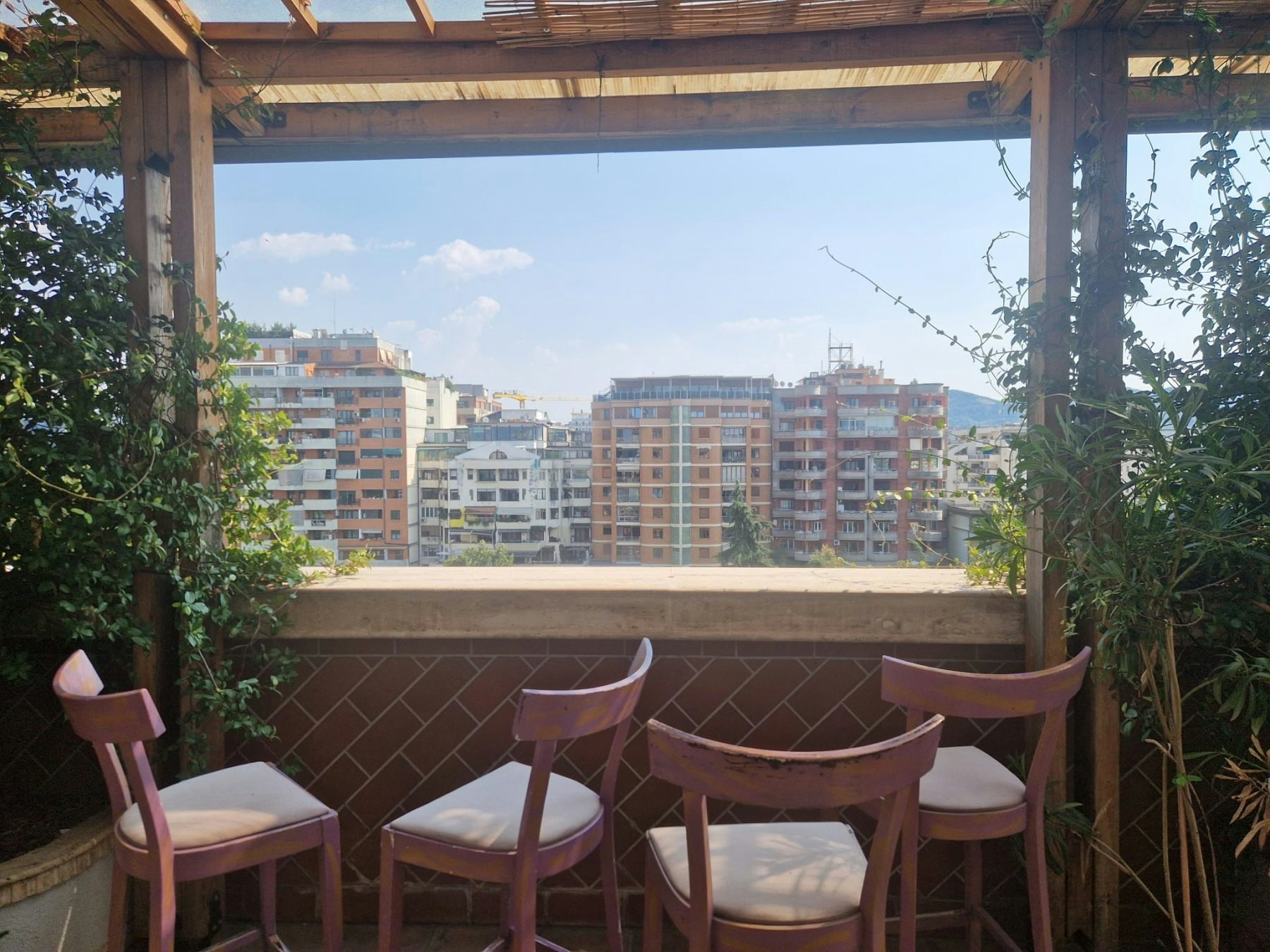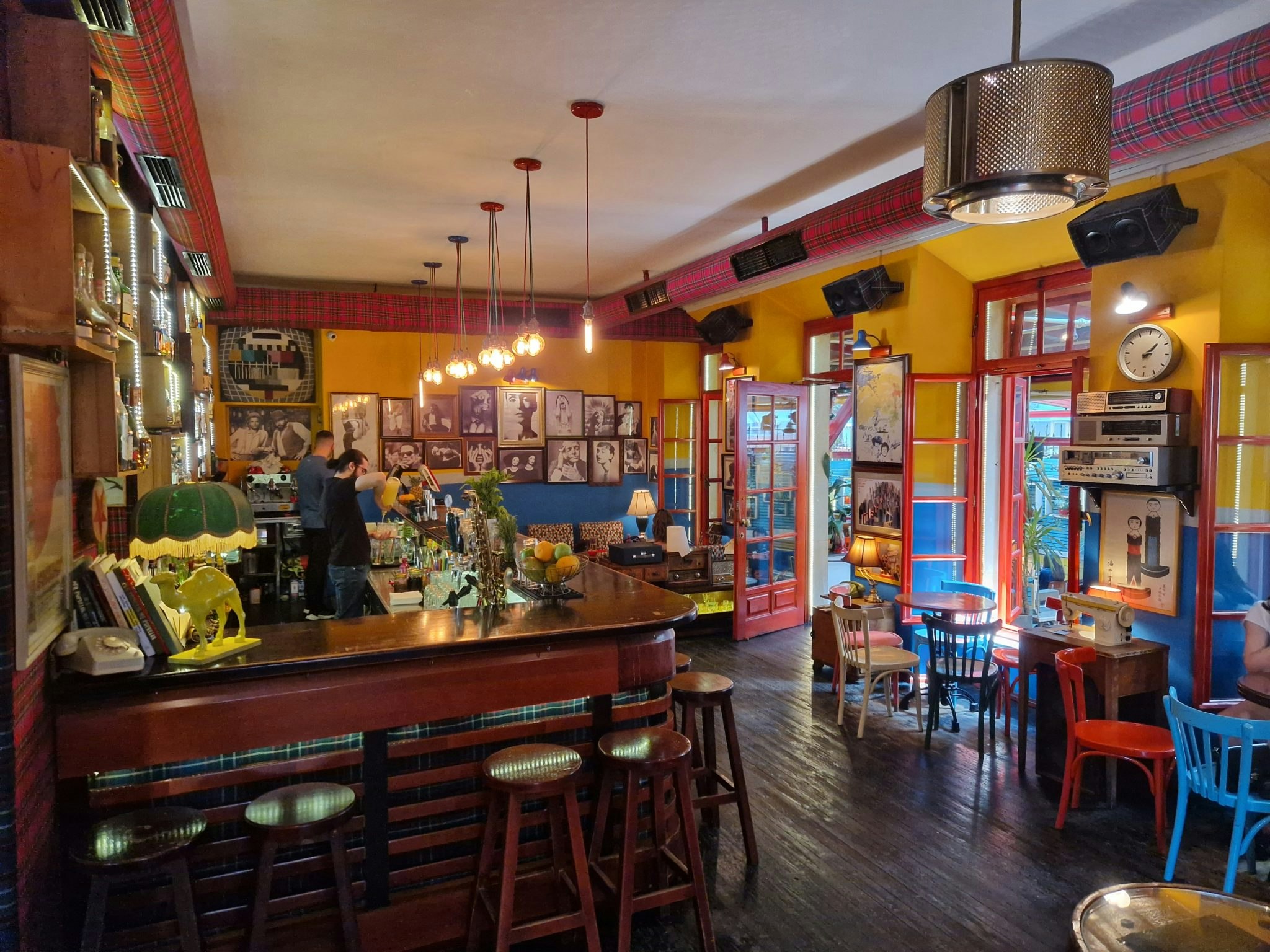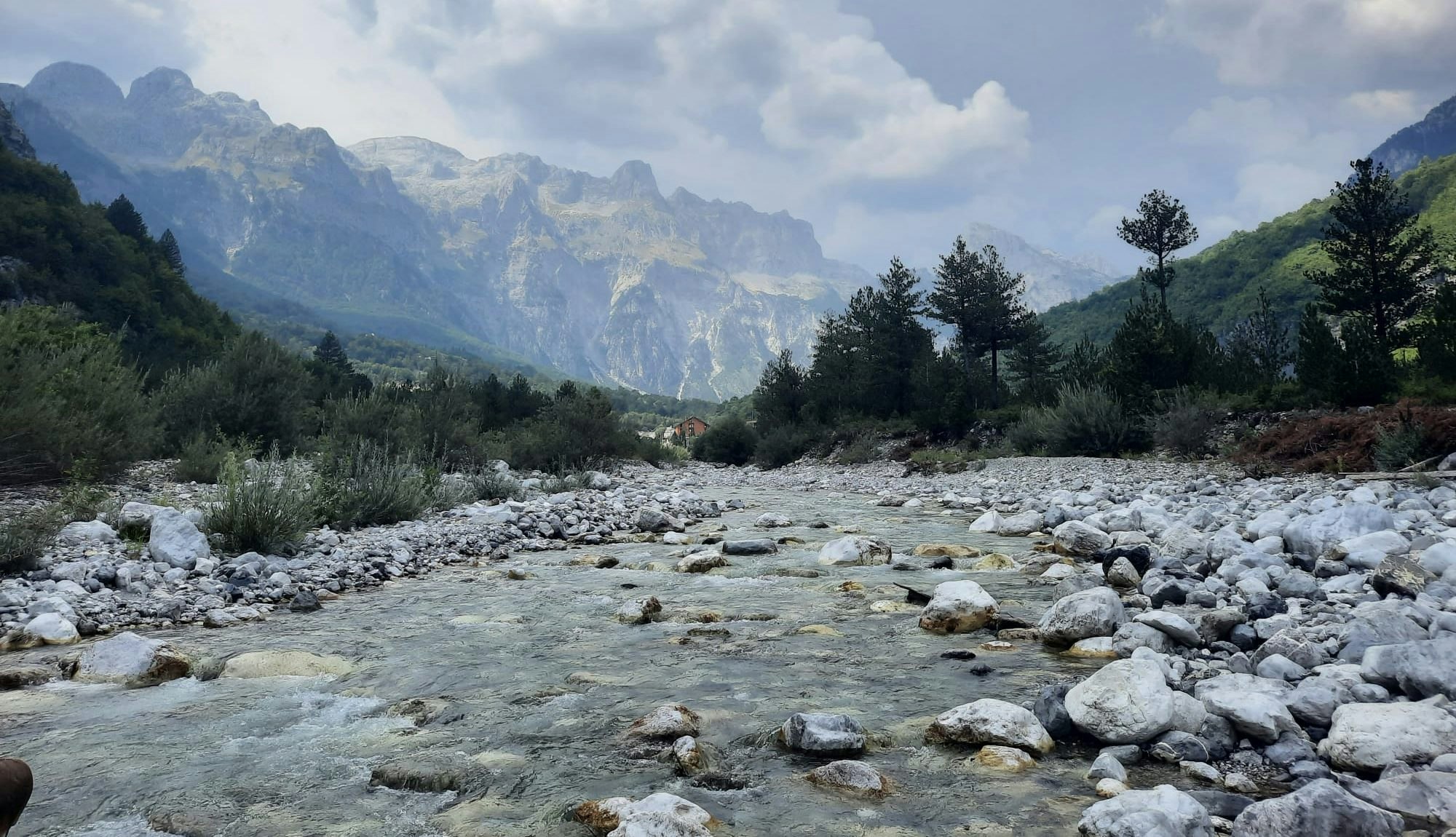Albania, recently nicknamed the Caribbean of Europe, is the continent’s hot new travel destination – and digital nomads don’t want to miss it.
A small but growing cohort of remote workers are flocking to this hidden gem of the Balkan region for sun, sea and competitive prices, not to mention good food, scenic views and friendly locals. In June, the number of air passengers to Albania more than doubled compared to the same period last year, according to ACI Europe, an association of airport operators.
The government is also slowly waking up to the economic benefits of attracting digital nomads, who tend to stay in a country longer than the average tourist.
But the country still lags behind more established nomadic hotspots like Portuguese island of Madeiraand residents say the government must focus on improving infrastructure, from roads and transport to accommodation, which is already creaking under the sudden influx of tourists and nomads.
The attraction factor
Albania has continued to grow in popularity as a nomadic destination over the past two years, says Emi Milo. She runs a coworking space called Innospace in Blokku, a trendy neighborhood in Tirana that in previous decades was filled with villas owned by Communist Party members.
When Milo, an architect, created Innospace in 2019 with his partner, there was only one other coworking space in the city. A handful of others, like Coolab and Nomad Island, have since popped up in response to growing demand.

“People come to Albania because, even in this small country, there are mountains, beaches, a big city with bars and restaurants,” she says. “From Tirana you can easily go down to Saranë or Himarë for sun and sea, or north for hiking.” However, she adds, late-night parties are banned in most places, as music in bars stops at midnight.
Samantha Scott, who has been a digital nomad for six years and runs a blog called All Things Remote, spent a month in Tirana in May this year – and plans to return to Albania in 2024.
“It’s affordable, nice and just an easy way of life there,” says Scott, who loved watching the sun rise and set over the lake near his Airbnb — and the cheap coffee. “I think the trend in Albania is growing, especially for beach-loving nomads, but also for ordinary tourists.”
Improve infrastructure
There are naturally downsides to being a nomad in Albania.
Nomads Sifted said getting around isn’t very easy, given that many cities are clogged with cars and bus routes and schedules are often difficult to navigate. In beach towns, roads can be narrow and bumpy, and while Albania generally has good Wi-Fi, some Airbnbs and hotels don’t offer it as part of the package.
Another challenge: There doesn’t yet exist a dedicated digital nomad community in Albania to organize events, offer advice or help people meet, says Shlomo Freund, a serial entrepreneur and digital nomad who travels with his family.

In more established digital nomad hotspots, like Madeira with its digital nomad villagethere’s a ready-made network and a bustling calendar of activities to connect to.
For Freund, not having the plug and play style community in Tirana was difficult, especially since he and his wife were eager to meet other nomadic parents. It was also hard for her two older daughters: at seven and two years old, they needed to be able to socialize with other children. “It takes time to build a network from scratch,” he says.
Attracting nomads
Albania visa for self-employed worker, which launched in November 2022, makes it easier for remote workers to migrate to the country – although there are no official government statistics yet on how many people have applied.
The visa allows remote workers to stay in Albania for up to a year without paying taxes and can be applied for online for free – a blessing, considering many visas for digital nomads are accompanied by processing fees.
However, the Albanian government is still trying to “figure out” how to bring in nomads and persuade them to stay long enough to start businesses or invest in real estate, says Erkan Munishi, founder of the Digital Nomad Association USA. It worked with the Albanian government in 2021 to define the guidelines for its self-employed visa and has previously worked with Dubai and Greece on similar projects.
“It’s been a difficult educational process to make (the government) understand that we don’t just want to bring in tourists, but also people who will stay there for 12 months and add value to the community,” Munishi said, who was born in Kosovo and frequently visited Albania as a child.
“Their measure of success or KPI (so far) has been the number of people landing in Tirana on international flights.” Sifted has contacted the Albanian government for comment.

To attract more nomads and encourage them to stay, Munishi says the government needs to create opportunities for digital nomads to engage with local people so they feel part of the wider community. It could, for example, arrange for tech-savvy nomads to visit startup hubs and give talks, or to schools to hold workshops for the younger generation.
Other countries, like Croatia, have digital nomad communities – created by the nomads themselves – that act as a one-stop shop for remote workers arriving onsite. Beyond providing help and advice to nomads, the community acts as an ambassador for nomads in society, expressing their needs and concerns to the government and educating the public on what a digital nomad really is. Albania, Munishi believes, could benefit from a similar approach.
Despite these imperfections, digital nomad veterans still believe Albania has great potential.
Remote working consultant Goncalo Hall, creator of Madeira’s now-famous digital nomad village – which was designed to rejuvenate the island’s economy post-Covid – says Albania has the potential to make the top three digital nomad destinations in Europe.
Maybe he just needs a digital nomad village of his own to get started.

